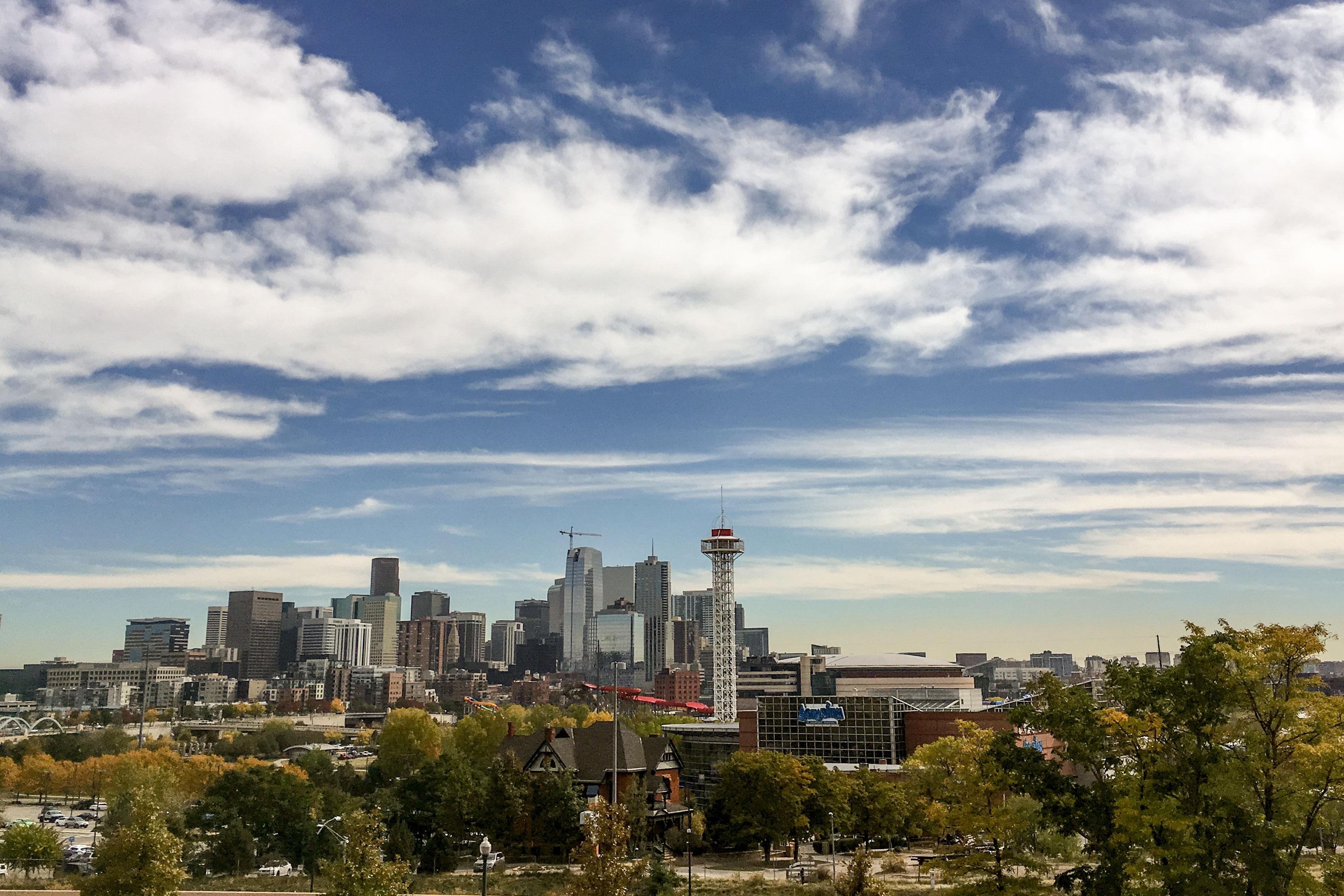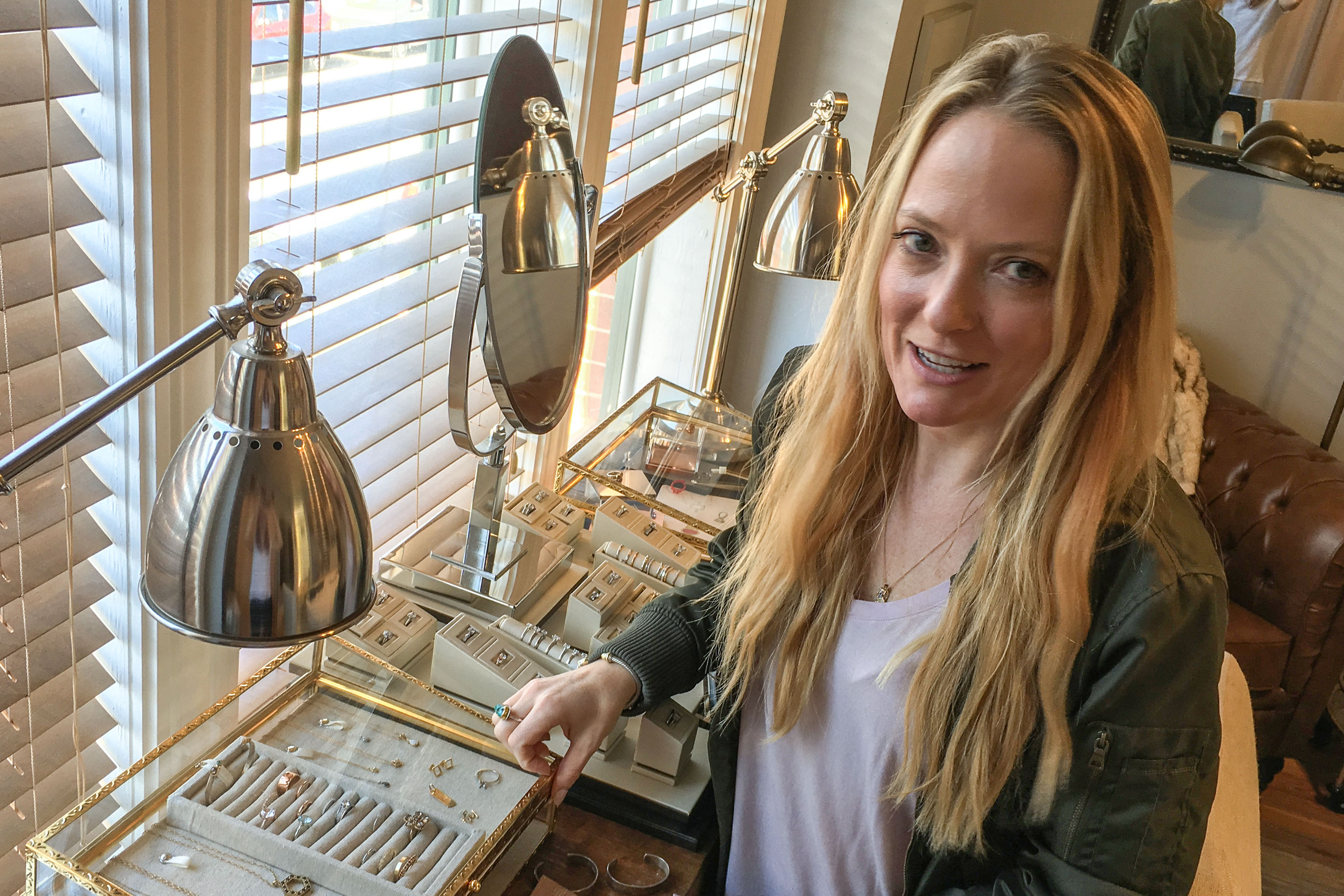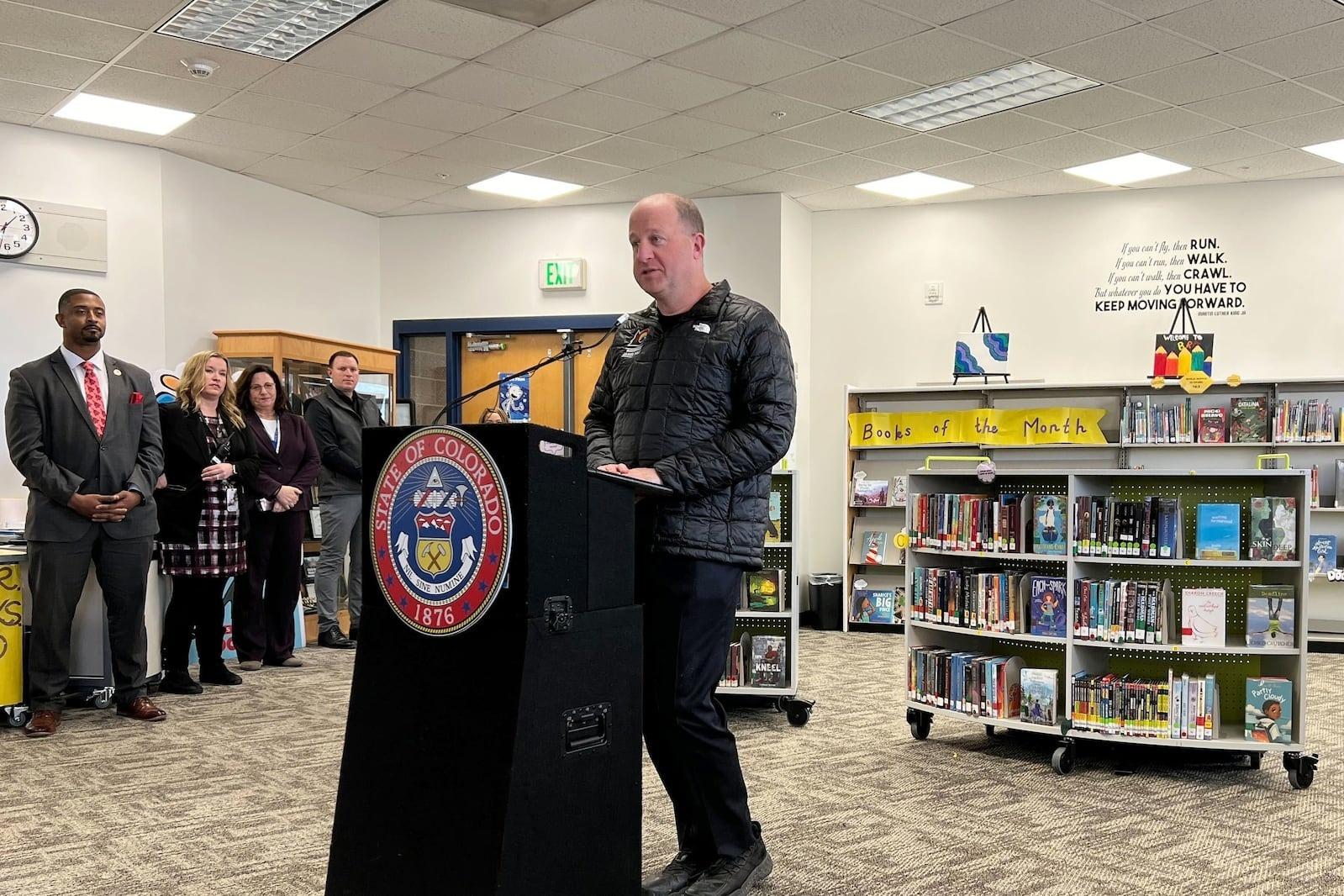

State officials will submit a massive bid to Amazon this week in hopes of luring the online retailer to Colorado for its second headquarters.
The bid, which is secretive, will deliver eight potential sites in the metro area for Amazon to choose — including Denver and Aurora. While the governor’s office and business groups coordinated Colorado’s bid, the cities that want the company participated too, even though they are competitive.
The stakes are high: Amazon said the second headquarters will have the potential to add 50,000 high-paying jobs within a decade. The deadline for proposals is Oct. 19, 2017, with a final site selection and announcement coming in 2018.
Yuriy Gorlov of the Aurora Economic Development Council said he thinks his city has an advantage.

“It’s more exciting here because it’s easier to get to, it’s quicker to get to and the fact we do have a world class trail system, we have a light rail line that connects to every point on the map,” Gorlov said.
Denver’s economic development chief Eric Hiraga said his city is culturally similar to Seattle — where Amazon staked its first headquarters — with an innovative, progressive, young population. Denver’s median age is 34.
But Hiraga said even if Amazon lands outside of city limits, the tide of people will benefit Denver.
“People are eating and shopping. People are going to use our airport, they’re going to use our cultural facilities and go to the Broncos game,” Hiraga said. “And some will even live in Denver.”
This excites LoHi jewelry maker Abby Sparks.
It might seem unusual for a small entrepreneur to gush about more growth for Amazon. After all, the behemoth online retailer has made life tough for a lot of businesses. But Sparks said this bid could bring her thousands of new customers. Good salaries, after all, are good for the jewelry business.

“The more people that come here,” Sparks said of those potential new customers. “The better off we are.”
But plenty of people in the metro area who already fret about traffic and housing prices feel differently. The metro area’s population, like the state as a whole, has exploded in the last five years. That means that it’s already harder to buy a house, commutes are a hassle and it takes much longer to get up to the mountains on the weekends.

Denver transplant Richard Opler, an activist who lives in unincorporated Douglas County, said he would be more sympathetic to the Amazon bid if Colorado had a high unemployment rate. Instead, Colorado’s unemployment is nearly the lowest in the nation, 2.4 percent as of August.
Opler moved here from Seattle and watched that city change from a quaint — even sleepy — town to the teeming metropolis of today. He worries Denver is marching in that same direction and that the elected leaders pushing for the Amazon bid aren’t thinking about why people live in Colorado.
“I have seen no studies on the impacts will be on traffic, on housing, on air pollution on water supplies. This sounds like a chamber of commerce deal where growth at any price is somehow worthwhile and they’re forgetting that quality of life issues are extremely important,” Opler said. “And that’s why we live in Denver.”









